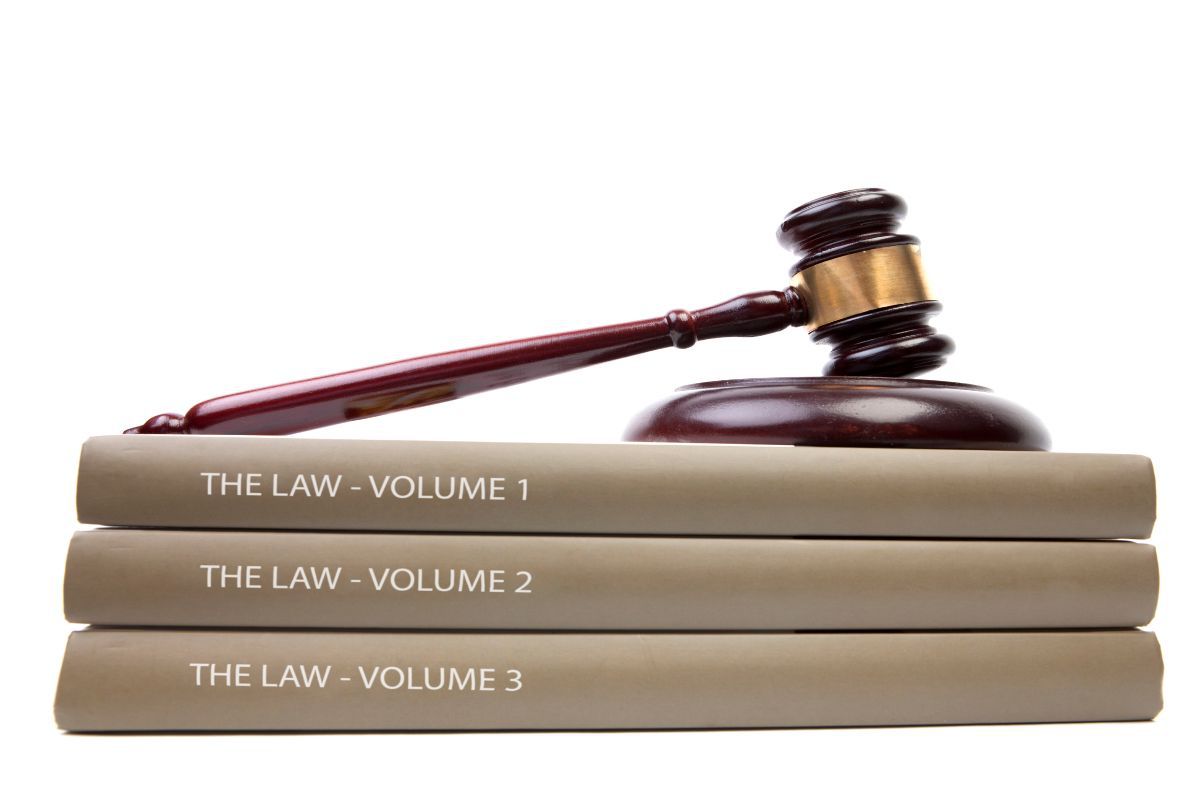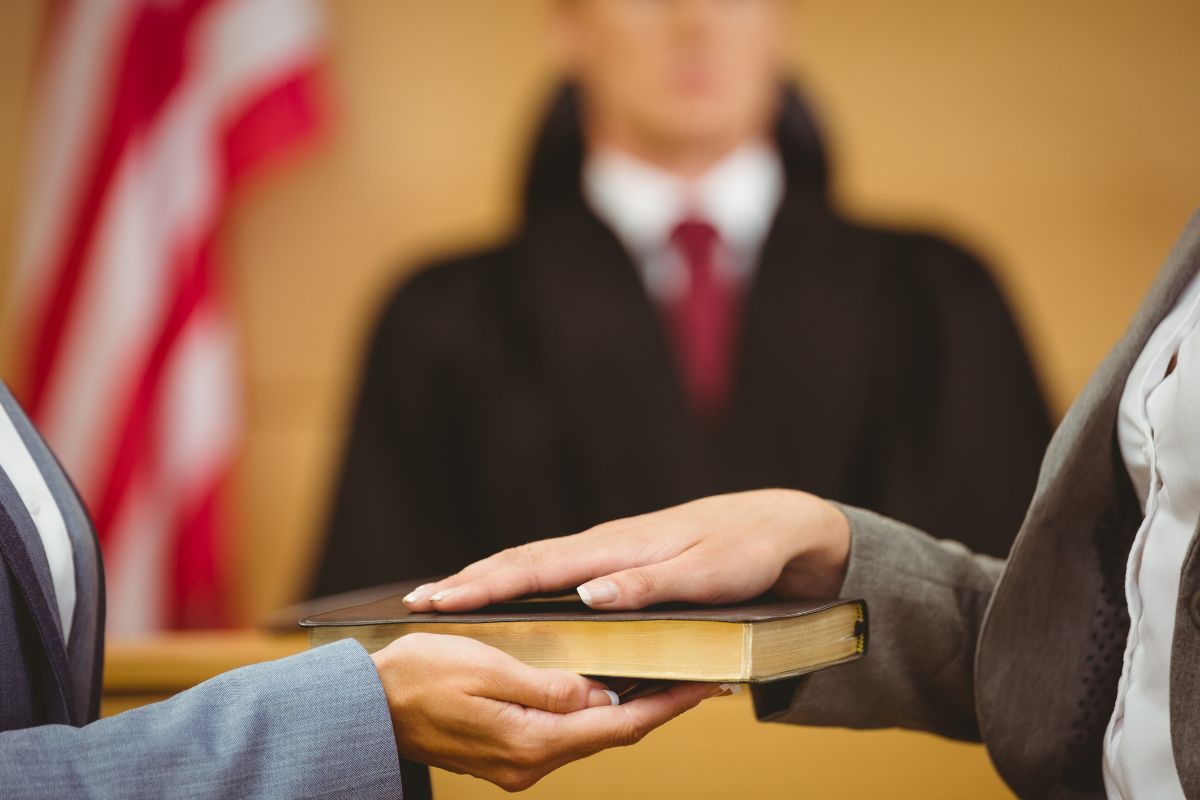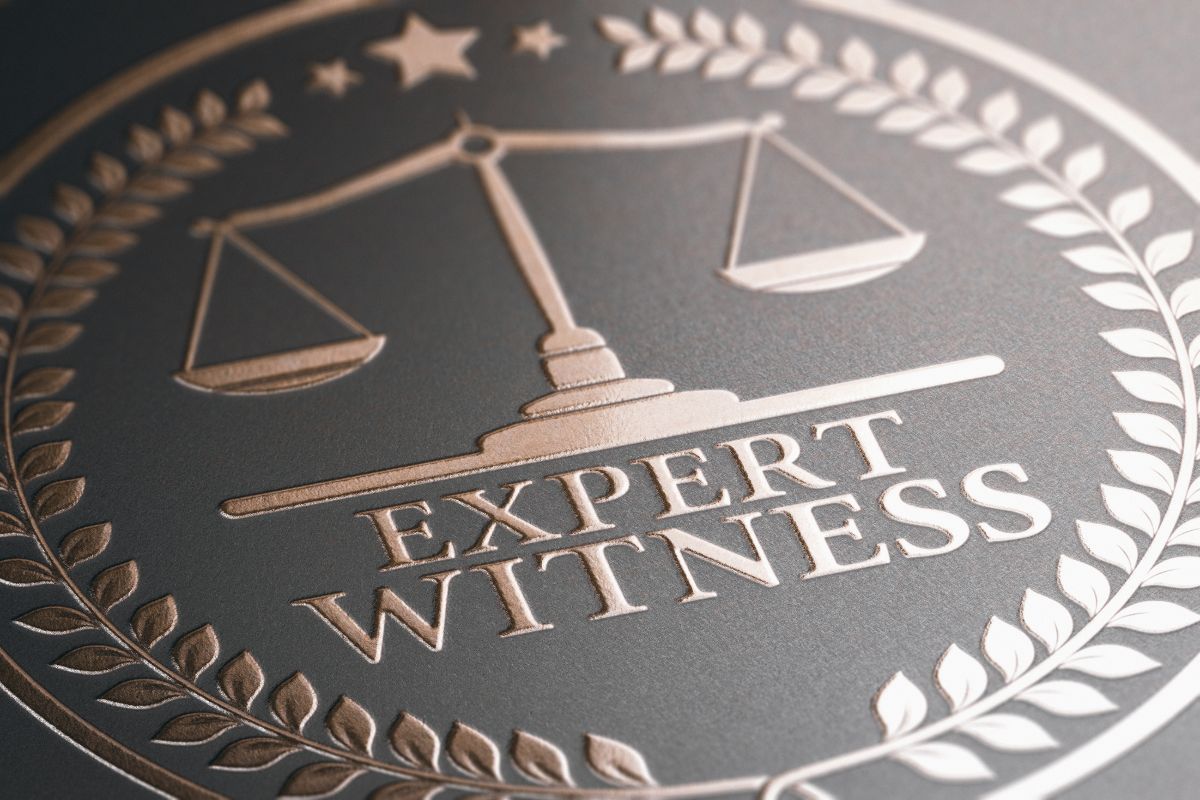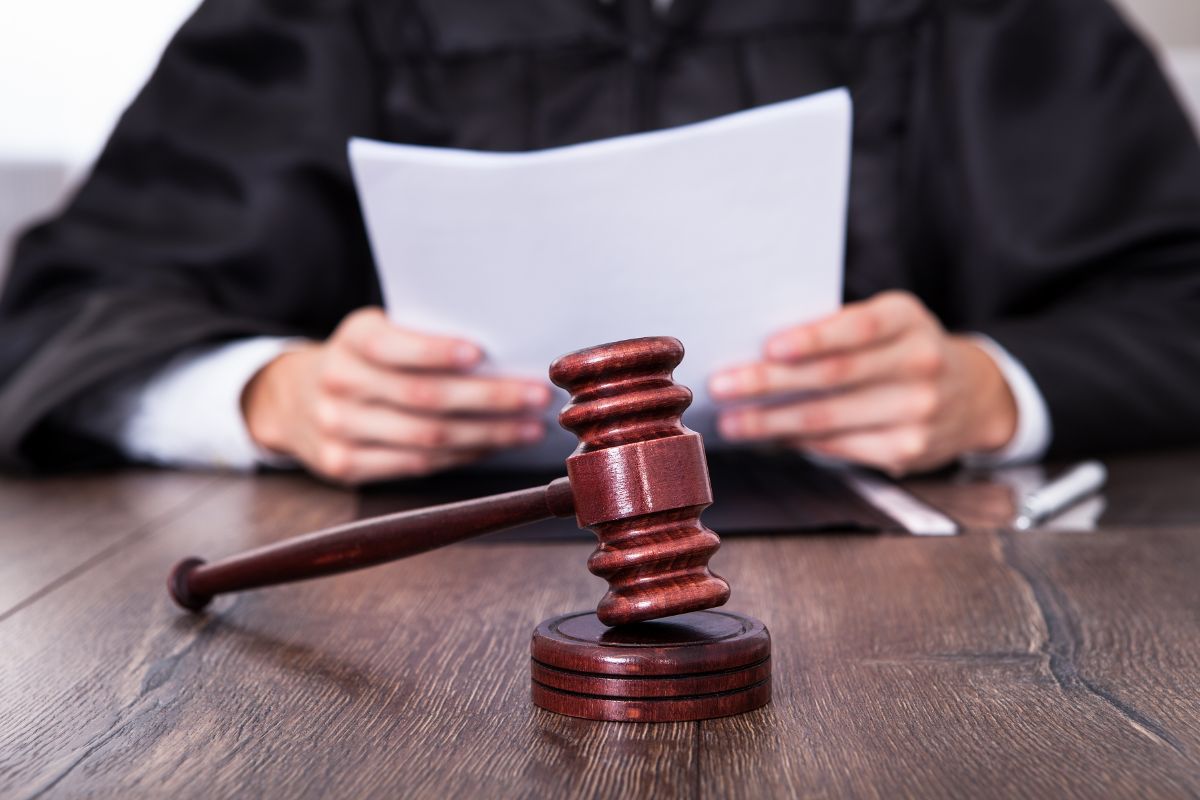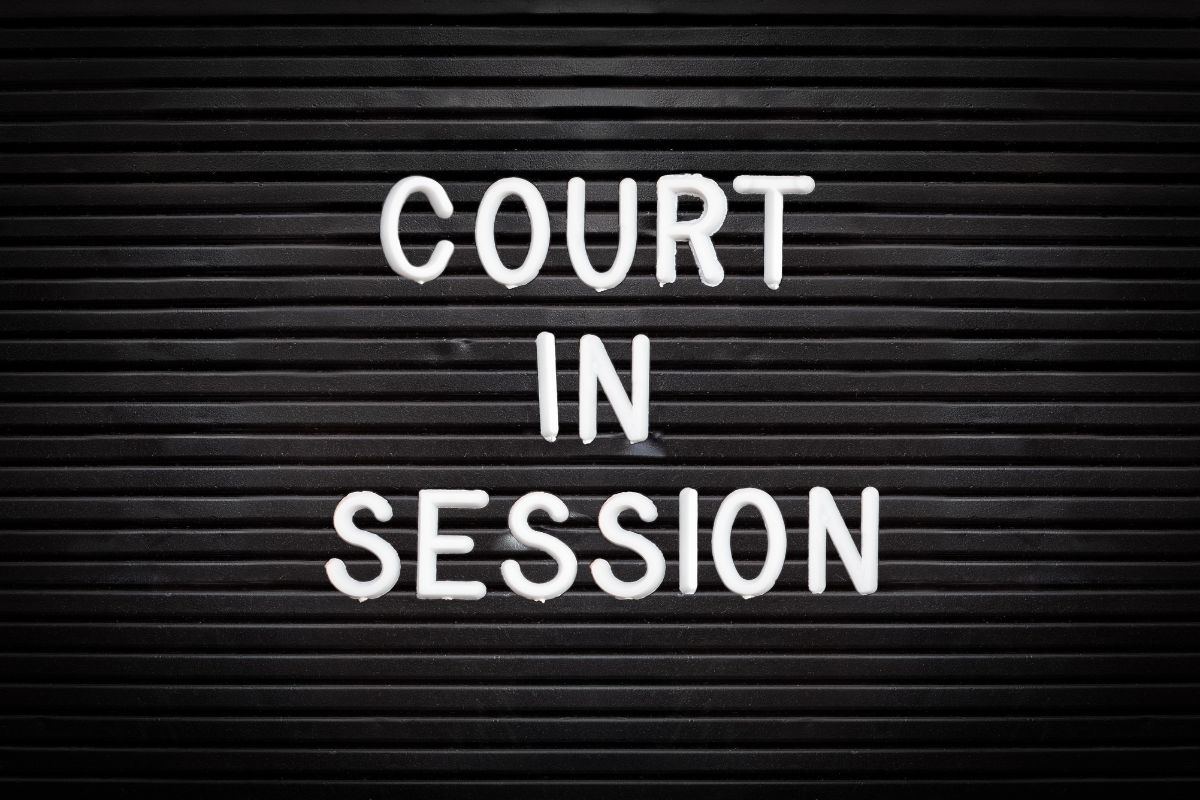Doing Pro Bono Work As A New Attorney
As an attorney, doing pro bono work may be exceedingly rewarding. Helping those in dire need of legal services who otherwise might not have solved their problems or reversed their misfortunes without your assistance, may provide you with the most precious memories of your legal practice many years from now. In addition to helping those who are less fortunate, pro bono work allows attorneys, especially younger attorneys, an excellent opportunity to develop new skills. These skills include the hard skills – learning the substantive law - and the soft skills, those interpersonal skills that allow you to work effectively within the...
Continue reading



